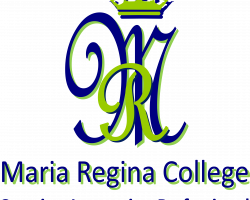Erasmus Project – Arguing At School
ARGUING AT SCHOOL
Psychopedagogical Methods to help children (2-18) learn from arguing
Arguing at School is a project carried out within the Erasmus + KA2 2021 program (Cooperative Partnerships in School Education), by a consortium of 10 partners from 6 countries (Italy, Croatia, Malta, Romania, France, and Belgium).
The duration of the project is from December 2021 to November 2024.
The project is dedicated to the comparison between different methods of approach and management of quarrels between peers (2-18 years). The work between the partners explores the issue of school conflicts and the approaches that adults (teachers and educators) have in these situations.
The project Arguing at School takes place in a national and international context where, at first recognition, the topic of conflicts and quarrels between students usually represents a taboo for many adults: from our experience, many teachers react to students’ arguing on the basis of their own experience or individual sensitivity. Schools rarely use effective methods, shared with all teachers.
The partners built the project around some key questions:
- What happens when a quarrel between students happens? How is this phenomenon perceived by teachers? How do they intervene?
- Is the intervention of teachers the result of a school strategy?
- Is there specific training for adults on this issue?
- Is there a pedagogical method or an approach chosen by the school? What are the results?
- What is the impact of introducing a pedagogical method at school on quarrels between peers?
By comparing different methodologies, approaches and experiences developed by some project partners, the working group will highlight similarities and differences, limitations and strengths of each method, in order to make them known to new schools and the world of education.
In fact, different contexts and age groups require specific tools and attention. The work on the whole school age group will allow understanding of how to improve the transferability of the methods, already in progress, and the educational cohesion among adults who can face these situations.
.
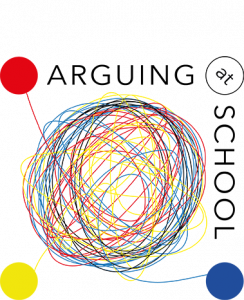

The main objectives of the Arguing at school project are:
- Start a broad discussion on peer quarrels in European schools and on the presence of pedagogical methods to transform quarrels into learning opportunities.
- Through the collaboration between four pilot schools, in Romania, Italy, Croatia, Malta, document the existence and effectiveness of pedagogical methods for classroom management in the event of disputes between peers.
- Communicate and make available the results of the work, including new and different actors in the discussion on these issues, including families and institutional and political leaders.
- Develop Methodological Guidelines and a Toolkit for teachers, to make methods more transferable and improve the quality of training on these issues.
- Improve the autonomy of students, decreasing their dependence on adults, too often called to intervene in their quarrels as judges.
- Improve self-esteem and empowerment that come from students’ ability to constructively deal with quarrels.
.
- Arguing at School. A Methodological Framework about quarrelling children (2-18 years old). An audiovisual product to make experiences visible and clarify the pedagogical assumptions that allow for better arguments. The first draft of this result has been presented in November 2022 in Malta, through a working day which you can download the program here.
- Toolkit for Teachers Training: Know How for let children arguing better: an operational manual that allows you to put into practice concrete actions from 2 to 18 years. The different experiences of the partners regarding adult education will converge in a week of collective work in Croatia in the summer of 2023, and then become a resource available on this site for schools.
- Guidelines for a Whole School Approach to Pupils Quarrelling: for teachers, managers, school offices, teachers’ trade union representatives, parents’ and students’ associations. We know that the methodological choice of an individual teacher can be useful and have positive effects. Even better if the choice is shared by many colleagues. To get to influence the system, and overcome ancient inertia that prevents litigants from learning, it takes new guidelines.
- Policy Recommendations for public decision-makers.
.
The project team is made up of 10 partners, who provide different contributions: at the operational, methodological and network levels.
The leader (CPP – Center for Psycho-pedagogical Peace and Conflict Management) is an Italian training centre specialized in the processes of change and learning in situations of conflict.
.
CPP – Psycho-pedagogical Center for education and conflict management
CPP (Center for Psycho-pedagogical Peace and Conflict Management) was founded by the pedagogist Daniele Novara in 1989. Based in Italy (Piacenza and Milan) is a training center specialized in the processes of change and learning in situations of conflict.
The CPP’s working method is based on Maieutics: the ability to discover the internal resources present in everyone to find out what they need to stay in conflicts. It is possible to learn to stay in conflicts rather than fear and avoid them. Good confrontational competence is the main antidote to violence.

FREREF – Fondation des Régions Européennes pour la Recherche l’Education et la Formation
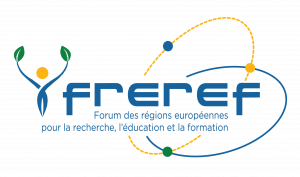
IIHL- International Institute of Humanitarian Law

Relationships are Forever Foundation
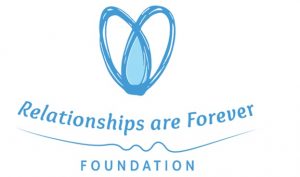
Center For Peace Nonviolence And Human Rights – Osijek
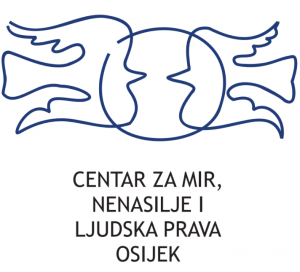
Innovate4Future – Centrul pentru Solutii Educationale Avansate
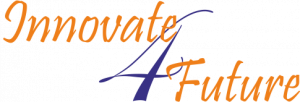
Fondazione Intro – Il Sassolino

Colegiul National Sfantul Sava

Osnovna škola Ivana Gorana Kovačića Vrbovsko
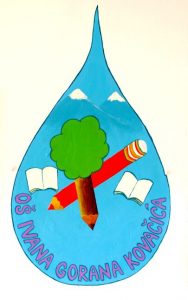
Maria Regina College Naxxar Induction Hub
